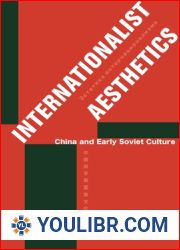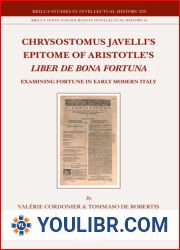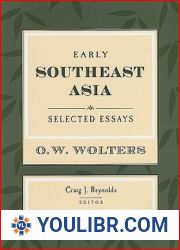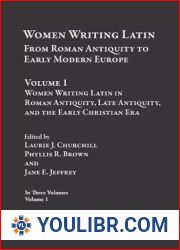
BOOKS - Internationalist Aesthetics: China and Early Soviet Culture


US $6.48

391025

391025
Internationalist Aesthetics: China and Early Soviet Culture
Author: Edward Tyerman
Year: December 7, 2021
Format: PDF
File size: PDF 11 MB
Language: English
Year: December 7, 2021
Format: PDF
File size: PDF 11 MB
Language: English
Following the failure of communist revolutions in Europe, in the 1920s the Soviet Union turned its attention to fostering anticolonial uprisings in Asia. China, divided politically between rival military factions and dominated economically by imperial powers, emerged as the Comintern's prime target. At the same time, a host of prominent figures in Soviet literature, film, and theater traveled to China, met with Chinese students in Moscow, and placed contemporary China on the new Soviet stage. They sought to reimagine the relationship with China in the terms of socialist internationalism - and, in the process, determine how internationalism was supposed to look and feel in practice.Internationalist Aesthetics offers a groundbreaking account of the crucial role that China played in the early Soviet cultural imagination. Edward Tyerman tracks how China became the key site for Soviet debates over how the political project of socialist internationalism should be mediated, represented, and produced. The central figure in this story, the avant-garde writer Sergei Tret'iakov, journeyed to Beijing in the 1920s and experimented with innovative documentary forms in an attempt to foster a new sense of connection between Chinese and Soviet citizens. Reading across genres and media from reportage and biography to ballet and documentary film, Tyerman shows how Soviet culture sought an aesthetics that could foster a sense of internationalist community. He reveals both the aspirations and the limitations of this project, illuminating a crucial chapter in Sino-Russian relations. Grounded in extensive sources in Russian and Chinese, this cultural history bridges Slavic and East Asian studies and offers new insight into the transnational dynamics that shaped socialist aesthetics and politics in both countries.











































